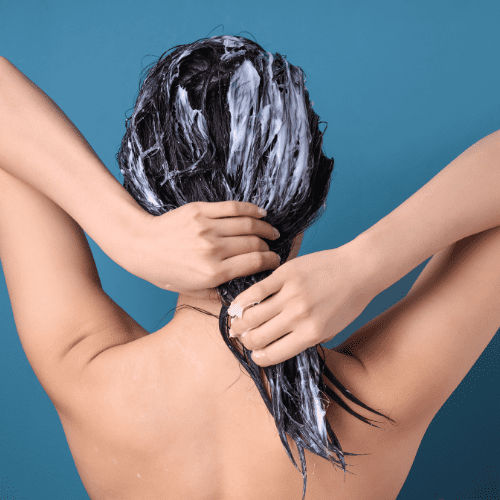Top 10 Indian Home Remedies for Hair Regrowth
Hair regrowth is a common concern for many, and traditional Indian home remedies offer a natural approach to rejuvenating hair. Among the most effective remedies are: 1. **Aloe Vera** – Known for its soothing properties, aloe vera can promote hair growth and reduce scalp irritation. 2. **Coconut Oil** – Rich in nutrients, it penetrates the hair shaft to strengthen and nourish. 3. **Fenugreek Seeds** – Soaked and ground into a paste, fenugreek can stimulate hair follicles and improve texture. 4. **Onion Juice** – Its high sulfur content enhances collagen production, fostering new hair growth. 5. **Bhringraj Oil** – This Ayurvedic herb is reputed for its ability to revitalize hair and prevent premature graying. These remedies not only encourage regrowth but also improve overall hair health, making them valuable components of a holistic hair care regimen.










